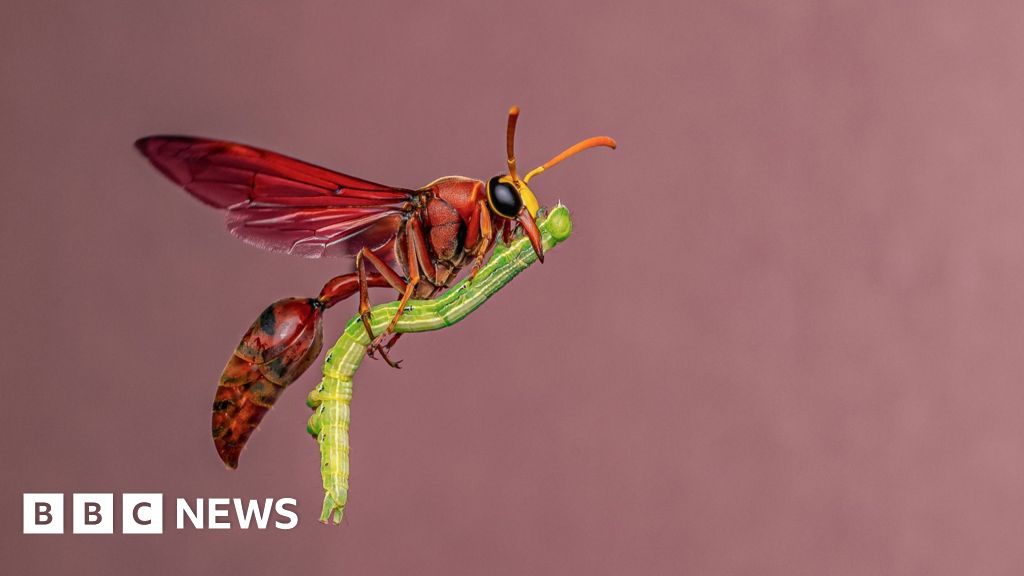Iceland has controversially renewed whaling permits for two hunting vessels, permitting the annual capture of 209 fin whales and 217 minke whales for the next five years. The whaling season is set to run from June through September despite ongoing animal welfare issues that have plagued the practice.
Animal welfare advocates have vocally opposed the decision made by Iceland’s outgoing conservative government, which some claim was rushed and politically motivated as the administration nears its end. An official government notice maintained that the permits provide "predictability" for the whaling industry, noting the number of permitted catches follows recommended guidelines.
As one of only three countries, alongside Japan and Norway, that still endorse whaling, Iceland limits hunts to fin and minke species while safeguarding other whale populations. Previously, the whaling season in 2023 lasted just three weeks, leading to the death of 24 fin whales, far below the total quota.
The practice faced scrutiny earlier in the year when a government inquiry unveiled that explosive harpoons employed during whaling often inflicted considerable suffering on marine mammals. The findings led to a two-month suspension of whaling operations.
In response to the decision, Sharon Livermore, director of the International Fund for Animal Welfare’s marine conservation programs, expressed her disappointment, stating that the government "should simply be holding the fort" rather than making alarming decisions. Following recent snap elections, Iceland's ruling Independence Party was succeeded by the centre-left Social Democratic Alliance, stirring speculation about the future of whaling policies.
The permits have been justified by the government as aligned with sustainable practices, referencing advice from Norway's Fisheries Agency. Nonetheless, activists argue that the climate and welfare implications far outweigh economic interests tied to the whaling industry.
Animal welfare advocates have vocally opposed the decision made by Iceland’s outgoing conservative government, which some claim was rushed and politically motivated as the administration nears its end. An official government notice maintained that the permits provide "predictability" for the whaling industry, noting the number of permitted catches follows recommended guidelines.
As one of only three countries, alongside Japan and Norway, that still endorse whaling, Iceland limits hunts to fin and minke species while safeguarding other whale populations. Previously, the whaling season in 2023 lasted just three weeks, leading to the death of 24 fin whales, far below the total quota.
The practice faced scrutiny earlier in the year when a government inquiry unveiled that explosive harpoons employed during whaling often inflicted considerable suffering on marine mammals. The findings led to a two-month suspension of whaling operations.
In response to the decision, Sharon Livermore, director of the International Fund for Animal Welfare’s marine conservation programs, expressed her disappointment, stating that the government "should simply be holding the fort" rather than making alarming decisions. Following recent snap elections, Iceland's ruling Independence Party was succeeded by the centre-left Social Democratic Alliance, stirring speculation about the future of whaling policies.
The permits have been justified by the government as aligned with sustainable practices, referencing advice from Norway's Fisheries Agency. Nonetheless, activists argue that the climate and welfare implications far outweigh economic interests tied to the whaling industry.





















